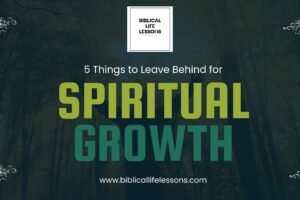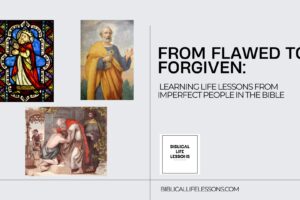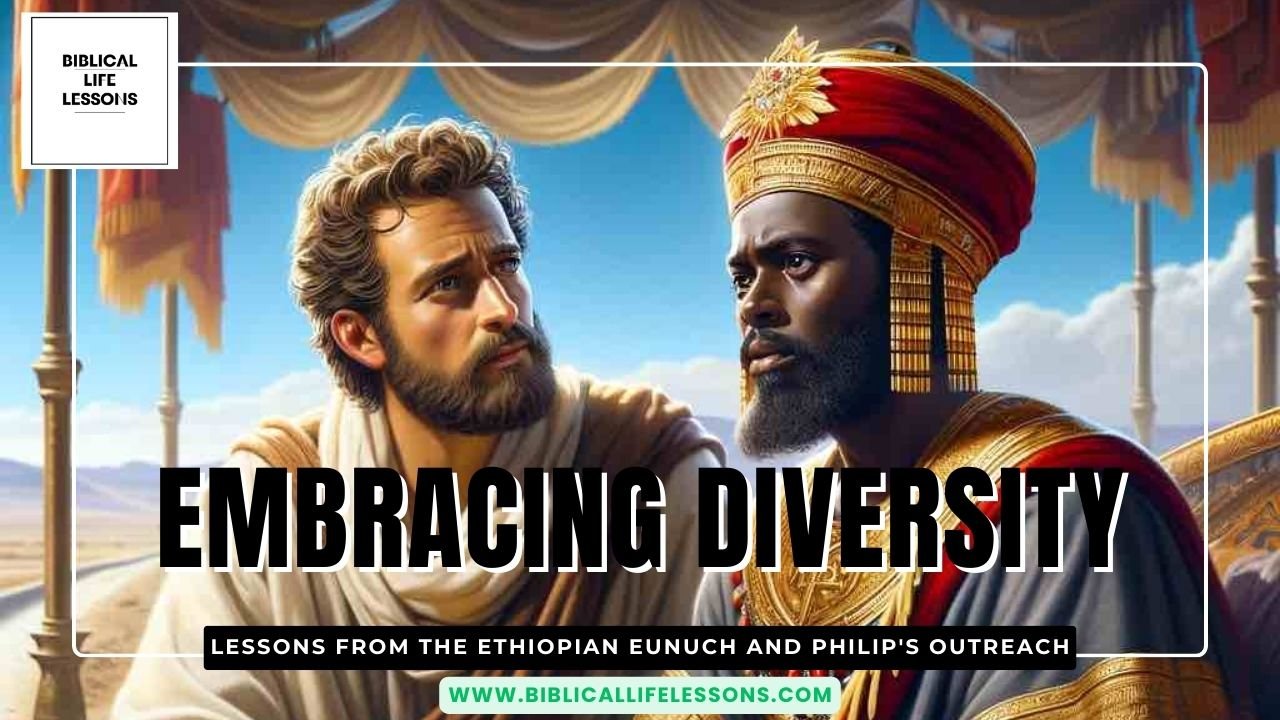The encounter between the Ethiopian eunuch and Philip, recorded in the book of Acts, offers profound insights into embracing diversity and the inclusive nature of God’s kingdom. This article delves into the story of Philip’s outreach to the Ethiopian eunuch, highlighting lessons of acceptance, inclusion, and the expansive reach of the gospel message.
The Ethiopian Eunuch: A Man of Diversity
This section sets the stage by introducing the Ethiopian eunuch, a high-ranking official serving under the queen of Ethiopia. His status as a eunuch underscores the diversity and inclusivity of the early Christian community.
Philip’s Divine Appointment
Philip, guided by the Spirit, encounters the Ethiopian eunuch on a desert road as he reads from the book of Isaiah. This part explores the divine orchestration of their meeting and underscores God’s intentional outreach to individuals from diverse backgrounds.
Breaking Barriers: Philip’s Outreach
Philip engages the Ethiopian eunuch in dialogue, explaining the prophetic message of Isaiah and proclaiming Jesus as the fulfillment of the Scriptures. This section emphasizes Philip’s willingness to bridge cultural and societal barriers, exemplifying the inclusive nature of God’s kingdom.
The Ethiopian Eunuch’s Baptism
Moved by Philip’s message, the Ethiopian eunuch expresses a desire to be baptized, signifying his commitment to Jesus and the Christian faith. This part highlights the significance of his baptism as a symbol of inclusion and acceptance within the body of believers.
Lessons in Embracing Diversity
The story of Philip and the Ethiopian eunuch serves as a powerful lesson in embracing diversity and welcoming individuals from all walks of life into the family of faith. This section explores the broader implications of their encounter, challenging readers to cultivate a spirit of inclusivity in their own lives and communities.
Diversity in the Kingdom of God
Reflecting on the Ethiopian eunuch’s inclusion in the early church, this article emphasizes the expansive nature of God’s kingdom, which transcends cultural, social, and ethnic boundaries. It encourages readers to embrace diversity as a reflection of God’s diverse creation and a testament to the universality of the gospel message.
In conclusion, the story of Philip and the Ethiopian eunuch serves as a compelling reminder of God’s inclusive love and the transformative power of embracing diversity. It calls believers to follow Philip’s example, reaching out to individuals from diverse backgrounds with the message of hope, acceptance, and salvation found in Jesus.







